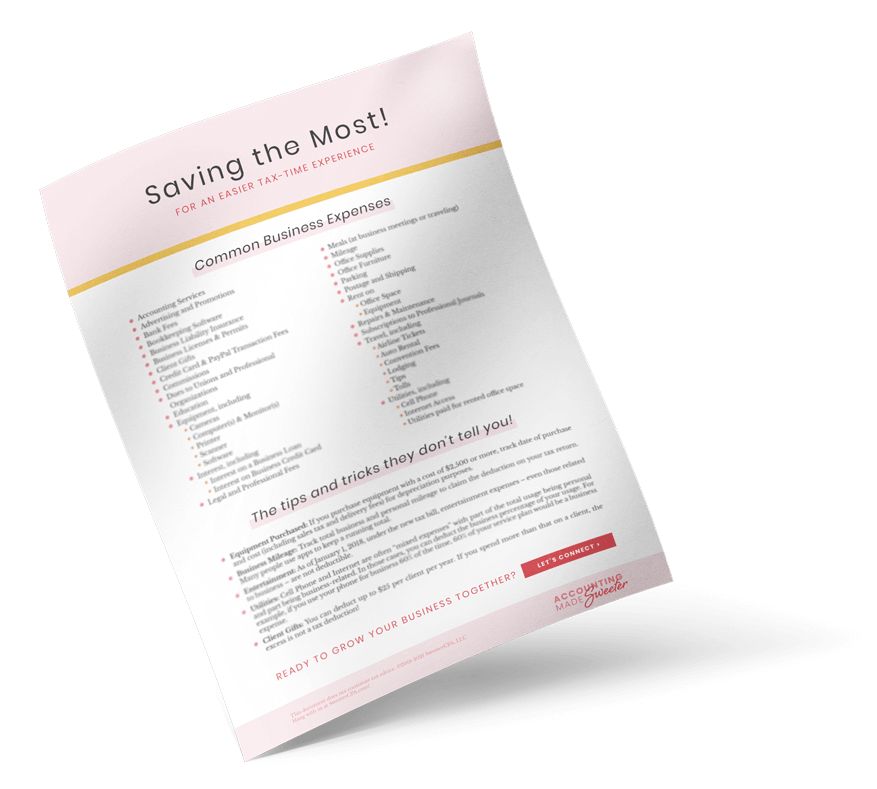Resources:
Why YOU Should Care:
A Roth IRA provides qualified individuals a way to save for retirement using after-tax income.
What is it?
A Roth IRA is a vehicle for taxpayers to save for retirement. Unlike a traditional IRA, contributions are not tax-deductible in the year they are made. Rather, contributions are made of after-tax income and are tax-free if part of a qualified distribution later. A Roth IRA must be designated as such when opened.
Contribution Limitations
For 2013, you can contribute the lesser of $5,500 or your taxable income for the year. If you are 50 or older prior to the start of 2014, the limit is increased to the lesser of $6,500 or your taxable income.
Contributions are also limited by your adjusted gross income (AGI) in that those with modified AGI above certain amounts are ineligible to contribute to a Roth IRA for the year.
- If your filing status is married filing jointly or qualifying widow(er), your contribution limit is phased out as your modified AGI hits $178,000. Those with modified AGI of $188,000 or more cannot make Roth IRA contributions.
- If your filing status is single, head of household, or married filing separately (and you did not live with your spouse in 2013), your Roth IRA contribution is phased out at a modified AGI of $112,000. You cannot make a contribution if your modified AGI exceeds $127,000.
- If your filing status is married filing separately and you did live with your spouse, you cannot make a Roth IRA contribution if your modified AGI is $10,000 or more.
Qualified Distributions
If you use the money in your Roth IRA for qualified distributions, it will be tax-free. Qualified distributions are:
- Made at least five years after the Roth IRA was first funded, AND
- Made
- On or after the date you reach age 59.5, OR
- Because you are disabled, OR
- To a beneficiary of your estate after your death, OR
- In accordance with certain exemptions such as first home purchase or unreimbursed medical expenses.
Distributions that do not meet the above restrictions are both subject to tax on the amount distributed and subject to an additional 10% penalty tax, so distribute from your Roth IRA wisely!



